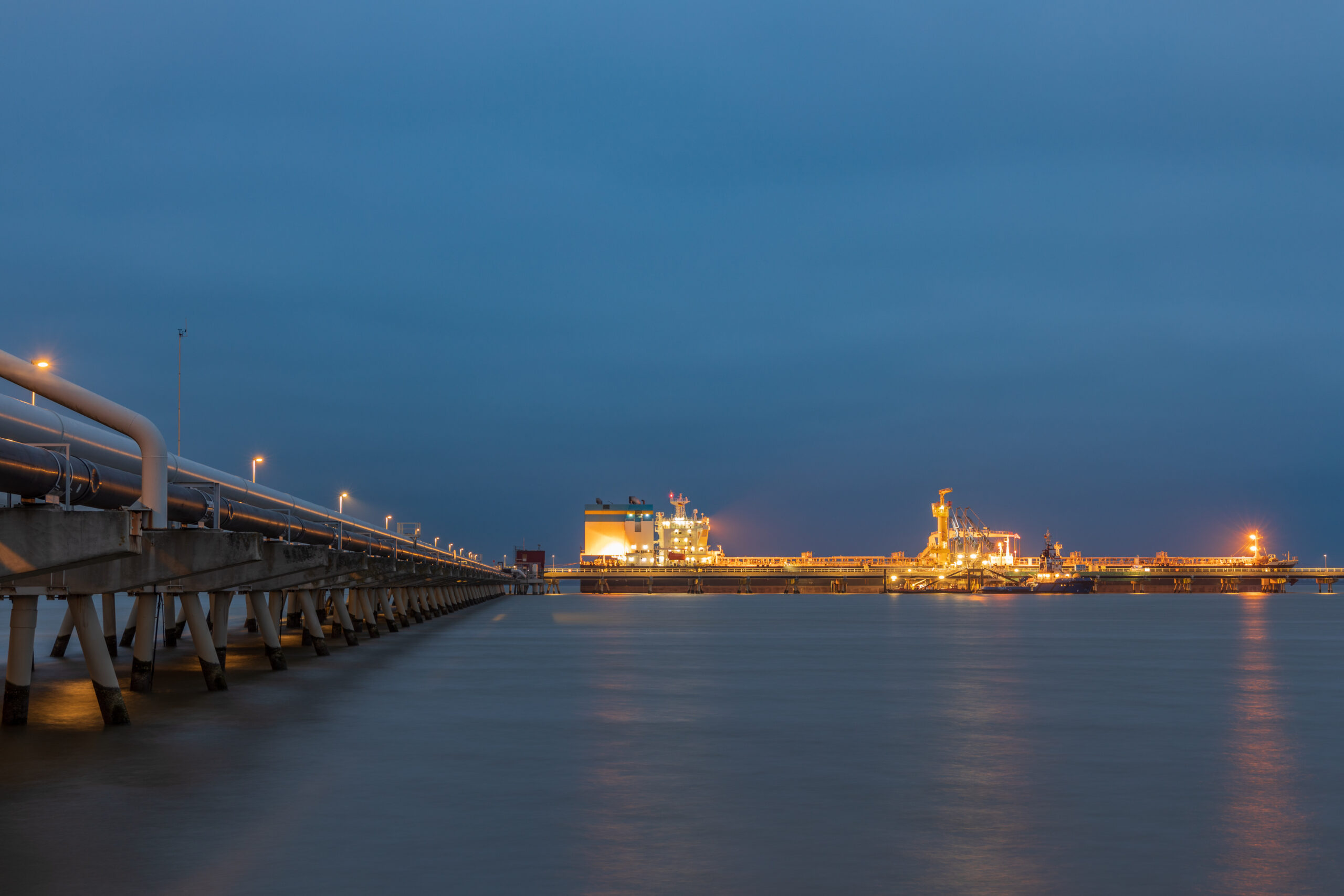European LNG supply at risk on U.S. struggle: conference
European LNG buyers might not be able to secure all the LNG they need amid a widening disconnect between buyers and producers.

European LNG buyers might not be able to secure all the LNG they need amid a widening disconnect between buyers and producers faced with rising Capex costs and supply chain challenges, a conference heard.
“Europeans are being extremely complacent…(They) are being naive thinking that they can walk up to U.S. producers with short term commitments,” Vivek Chendra, founder and CEO of Gulfstream LNG and Texas LNG, told the Flame energy conference in Amsterdam on Tuesday.
Gulfstream is a greenfield LNG project under development on the U.S. Gulf Coast.
European buyers “have a public statement that they cannot invest in fossil fuels beyond a certain date, but at same time (liquefaction) projects are based on a financing system” requiring long-term commitments, he said.
Europe has doubled down on LNG import projects in the past year amid security of supply concerns, however climate change targets mean buyers are reluctant to sign long-term commitments.
Against that backdrop, Chinese buyers are becoming crucial in supporting liquefaction projects in the U.S., he said.
Last year saw a raft of long-term contracts being signed with U.S. exporters, with the vast majority involving Asian buyers, he said.
That however is not immediately translating into final investment decisions on new projects in the U.S. amid Capex costs rising 30-40%, struggles to recruit skilled workers and tolling costs remaining at low level, he said.
“Nearly all American projects are being developed by utilities or independent entrepreneurs, we don’t have large balance sheets” he said.
Furthermore, while the U.S. has vast amounts of gas reserves, a key issue is the lack of suitable locations for liquefaction projects, which are mostly being developed in Texas and Louisiana.
The U.S. “is running out of space for new projects” he said, adding that projects were also impacted by European banks pulling out of fossil fuel projects, which was leading to shrinking availability of funding.
